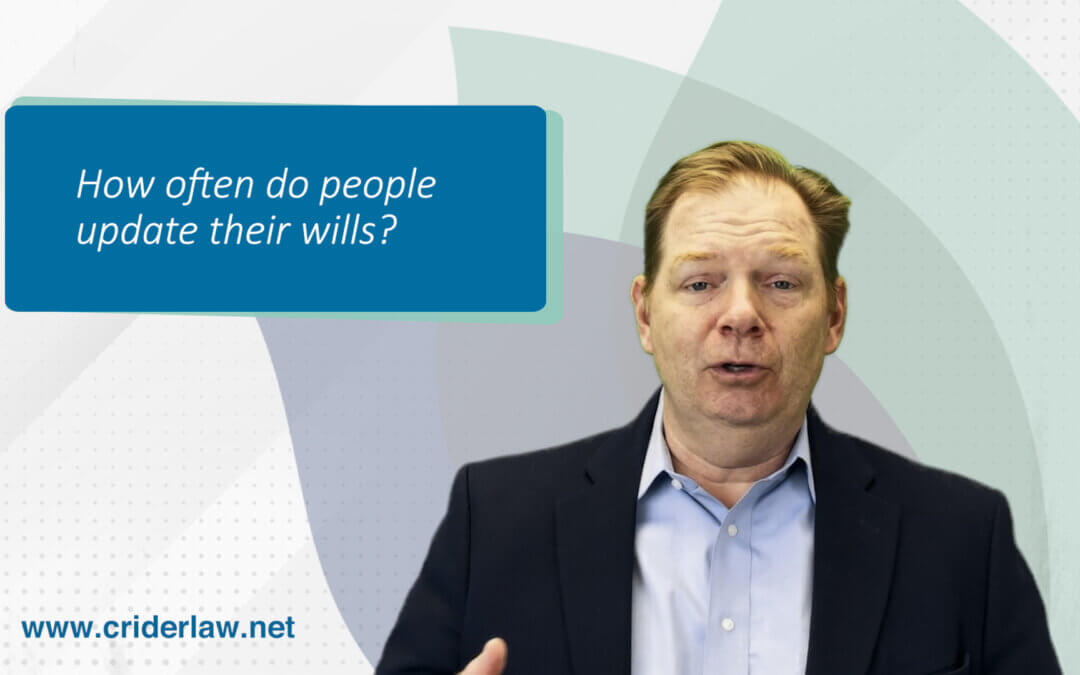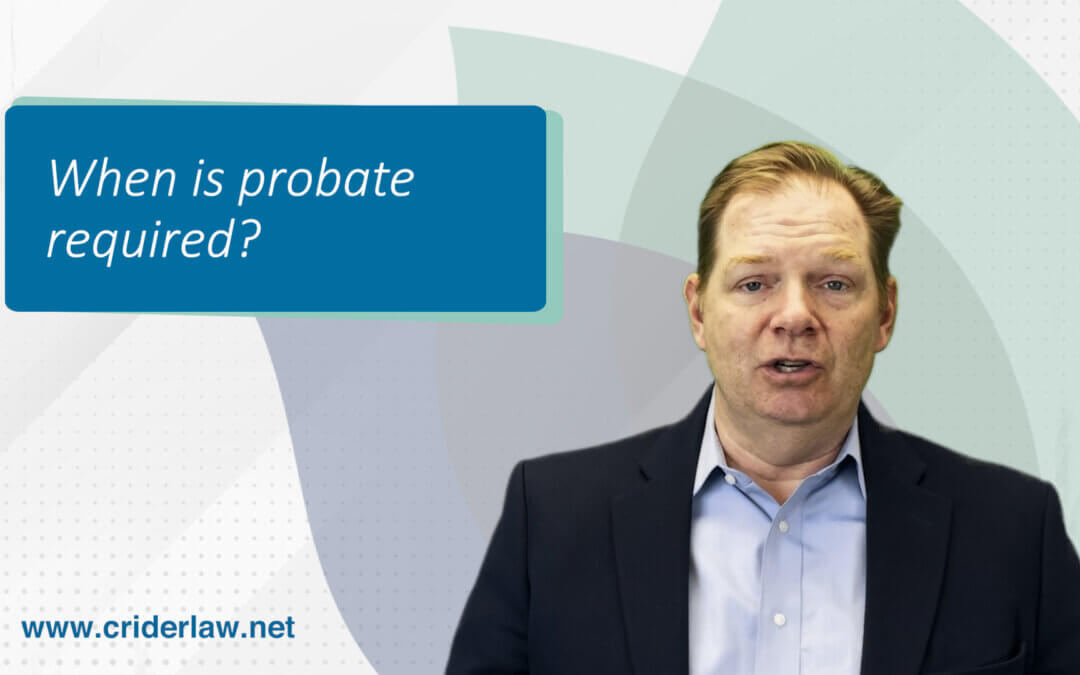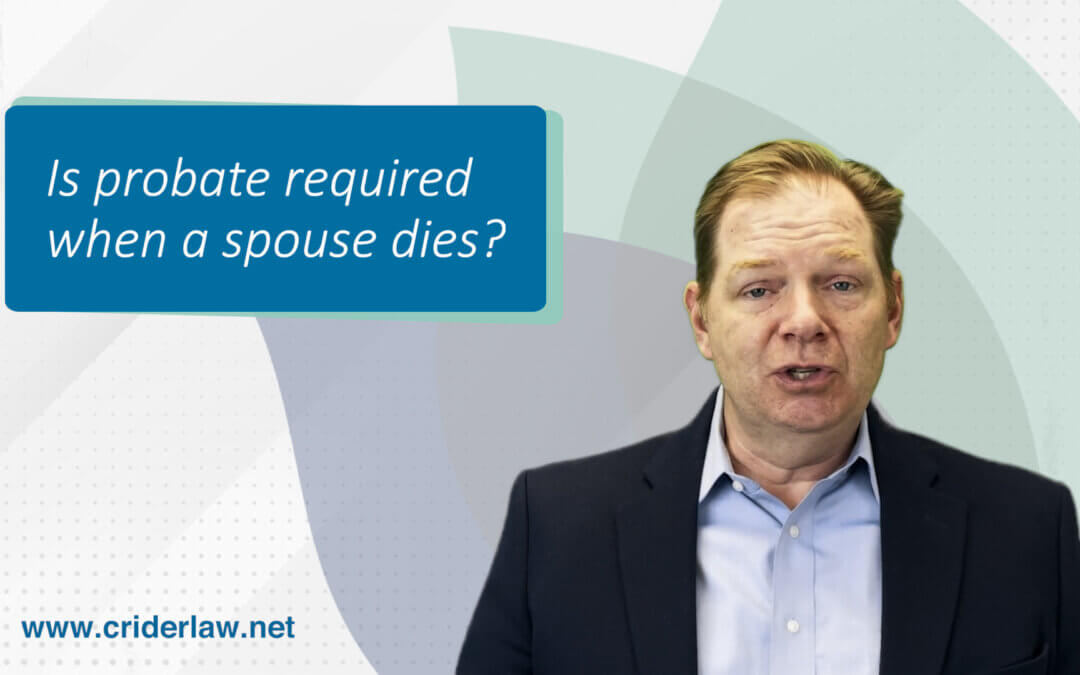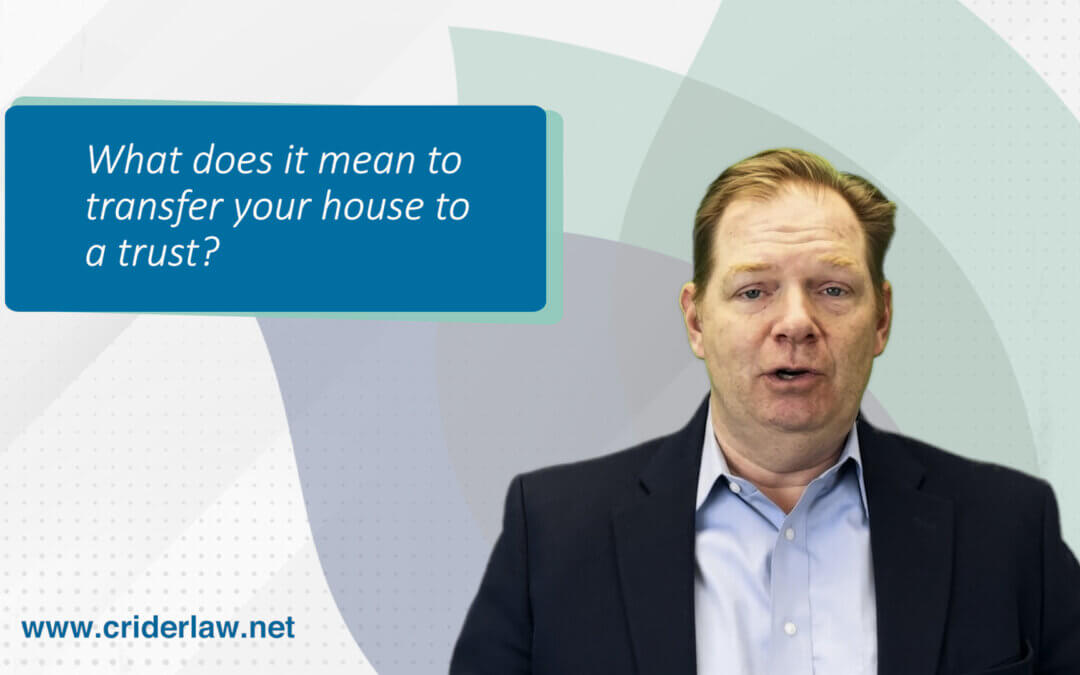
How often do people update their wills?
We see people updating their wills or their trusts anytime there’s a major life change. The types of life changes that could warrant updating your will or your trust include death in the family, a birth, marriage, divorce, bankruptcy or a change in the law.
For most people, we find that meeting every three years with an attorney and talking about what has changed is efficient. For very young families who are going through a lot of dynamic changes, we might reach out to them once every year. And also with the elderly or an elderly person who might be transitioning into an assisted living facility or a nursing home, we might want to meet with that person once a year.
Quick Question Corner is a video segment where we answer common questions about estate planning and elder law. If you have similar questions, leave them in the comment section and we can feature them in one of our videos in the future.








